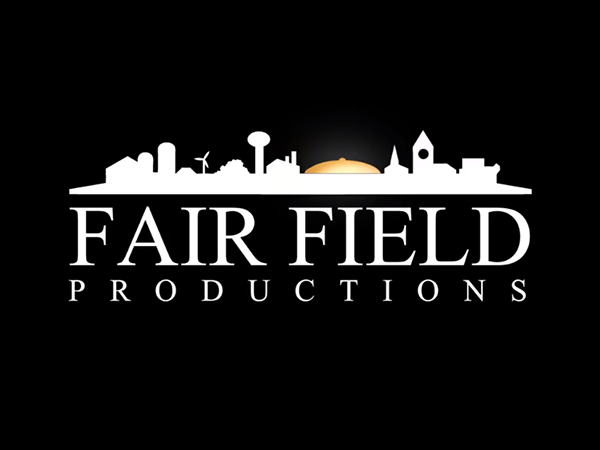
Fair Field Productions is requesting a grant to produce and distribute a 20-minute short film about how Iowa can create a wilder, more beautiful, more biologically diverse state.
The film will show how it’s possible for Iowa agriculture to transform 9 of the state’s 36 million acres to wild or rewilding, and the remaining crop acres farmed in ways which reduce topsoil loss from 5.5 tons/acre to zero or net plus status. The film will also discuss consumer changes needed to help producers create a truly sustainable form of agriculture and transform Iowa into a leader in creating a wilder, more beautiful, more biologically diverse, and a more enduring Mississippi River Watershed.
This film will attempt to highlight the creativity and courage it takes to create major cultural change in the country and the city. Set in the future (possibly 2030), this mock documentary will show that the world has changed. People got together after the pandemic and derecho of 2020 and charted a new course. The film will show the whole thing as if it is real, tangible with interviews and stunning footage. Then, at the end, it will encourage viewers to help make this into a reality.
Fair Field Productions is a non-profit (501(c)3 educational organization that will produce and market the film. Projected film length 20 – 25 minutes expected delivery: Approximately six to eight months to complete (barring unexpected COVID-19 related delays).
Grant Funds requested
- $30,000 for production and delivery of a 20 minute film.
- $2,000 for marketing costs related to posters, showings in Iowa and film festival registrations to promote film and encourage viewing throughout the state of Iowa and beyond..
Total grant funds request: $32,000
$10,000 at beginning of project (Sep 1, 2020)
$10,000 after delivering storyline and 2-3 min. sample of filming completed (est. Jan 2021)
$12,000 at beginning of final post-production (est. Mar 2021)
Another BeWildReWild Grant goes to award-winning Dick DeAngelis. This is our biggest, boldest project to date. Few have imagined the degree of cultural change (urban and rural) necessary to create a low input, regenerative, compatible, local, authentic, enduring agriculture. Diet’s will change, people and product mobility will be reduced, perennial crops will replace annuals, steep slopes and frequently flooding river bottoms will be wild again, rivers will run free, lawns will become gardens, our relationship with animals and plants will change, our relationship with one another will change. Congratulations, Dick!
– Roger Ross Gipple
